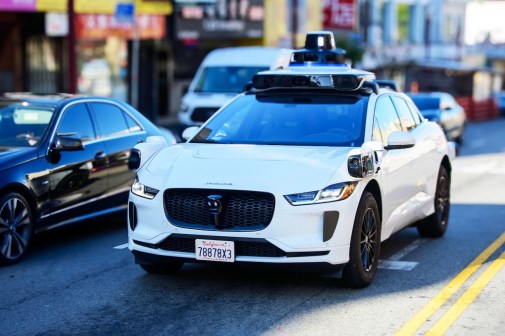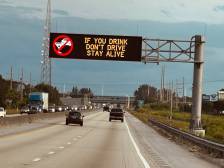Toyota announces site for autonomous vehicle tests too dangerous for public roads

Toyota, a major investor in autonomous vehicle manufacturing and design, announced its intention last week to begin building a 60-acre autonomous test driving facility in Michigan this October.
The track will be housed inside the Michigan Technical Resource Park — a more than 50-year-old vehicle testing facility in Ottawa Lake, Michigan — but Toyota says it will design the track to get the most out of autonomous vehicles. Challenges like urban congestion, slick-surfaced roads and high-speed exit ramps will be included in the track, according to the company.
Toyota says the new track will test “edge-case” scenarios — those too dangerous to perform on public roads.
“By constructing a course for ourselves, we can design it around our unique testing needs and rapidly advance capabilities, especially with Toyota Guardian automated vehicle mode,” said Ryan Eustice, Toyota Research Institute senior vice president of automated driving. “This new site will give us the flexibility to customize driving scenarios that will push the limits of our technology and move us closer to conceiving a human-driven vehicle that is incapable of causing a crash.”
The Toyota Research Institute (TRI), the company’s artificial intelligence-focused research and development arm, will manage the 1.75-mile oval test track.
In addition to the test site, the company recently invested $2.8 billion into a Tokyo-based offshoot of TRI, dubbed TRI-AD, or Advanced Development. TRI-AD will develop software to be paired with the research at TRI, which is based in Silicon Valley.
Toyota also unveiled its latest self-driving car, a Lexus LS 600hL, at the Consumer Electronics Show in January. The company is investing heavily in autonomous vehicle research but a Navigant leaderboard using data from 2017 places the company squarely in the middle of the pack compared to its competition. (GM, Waymo, Daimler-Bosch, and Ford are named as the top industry leaders.)
The announcement of Toyota’s test site comes just weeks after an one of Uber’s autonomous vehicle being tested on the streets of Tempe, Arizona, struck and killed a woman crossing the street with her bicycle. Following the incident, Toyota temporarily halted its chauffeur-mode testing on public roads, a level of automation that meets SAE Level 4, or a vehicle that requires no driver attention to operate, but still has manual controls like a steering wheel and pedals.






